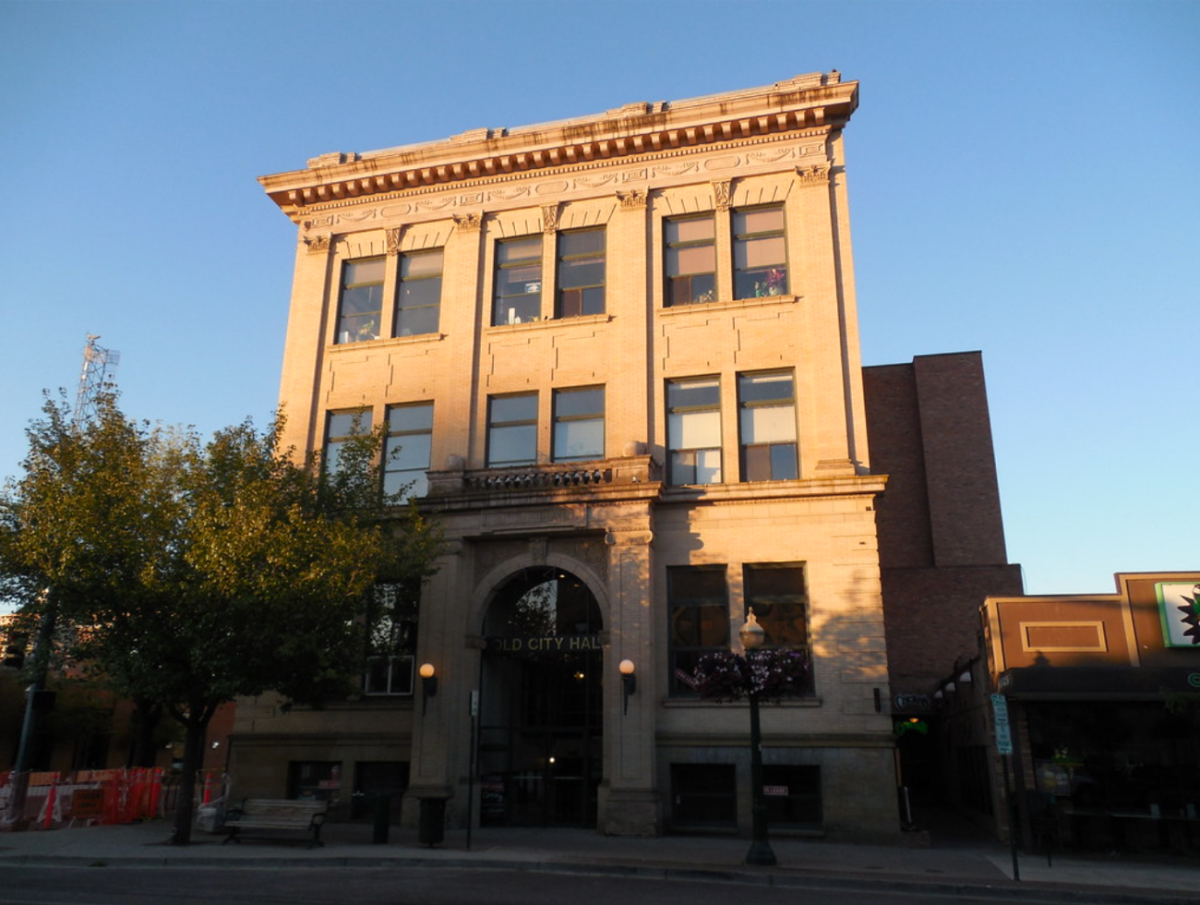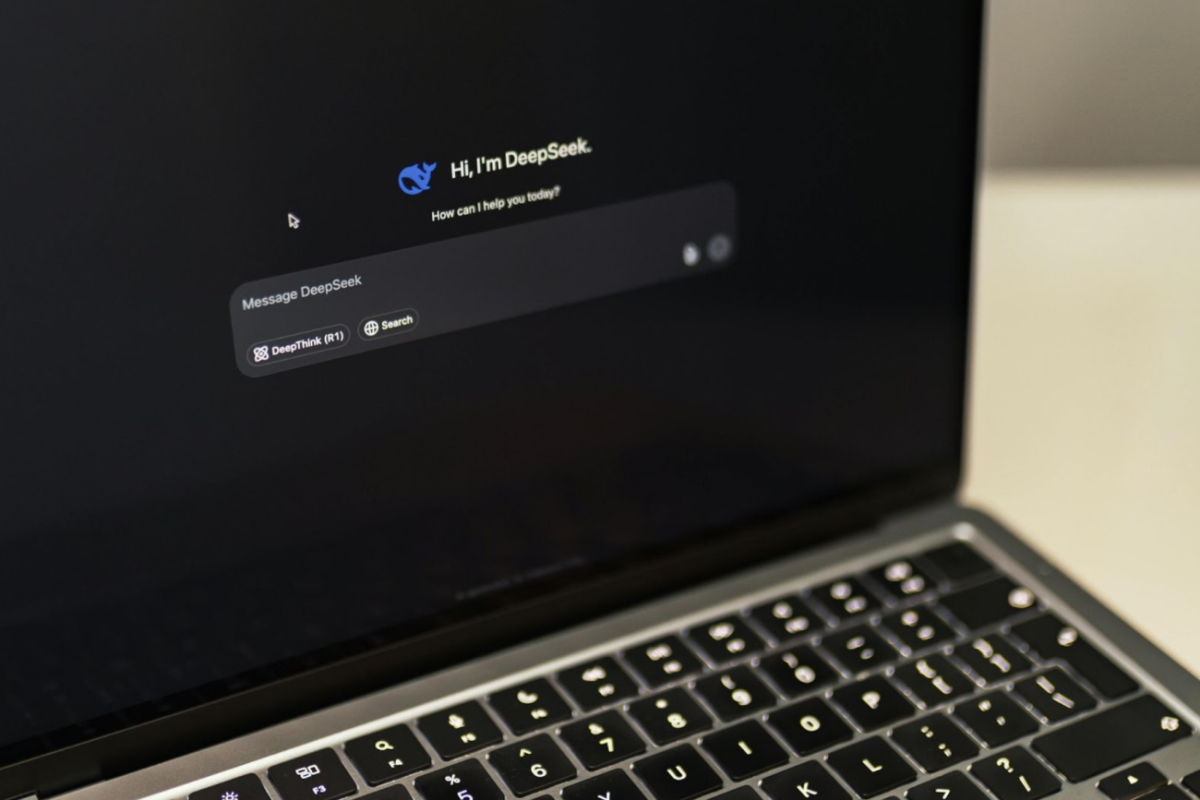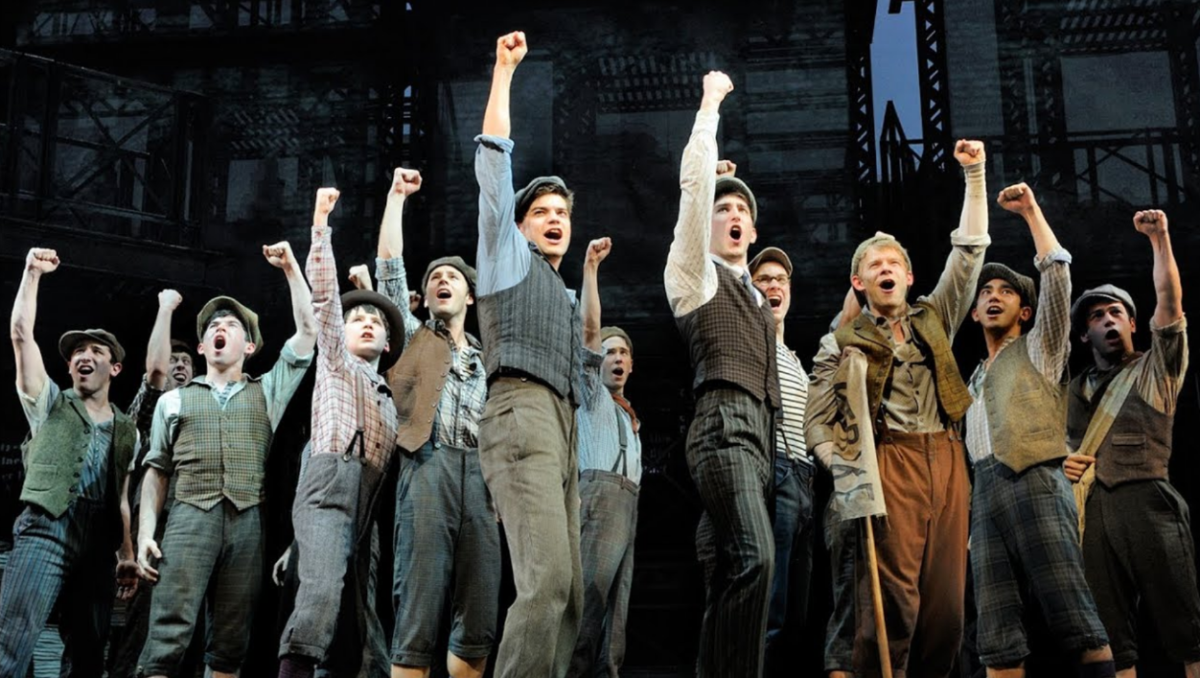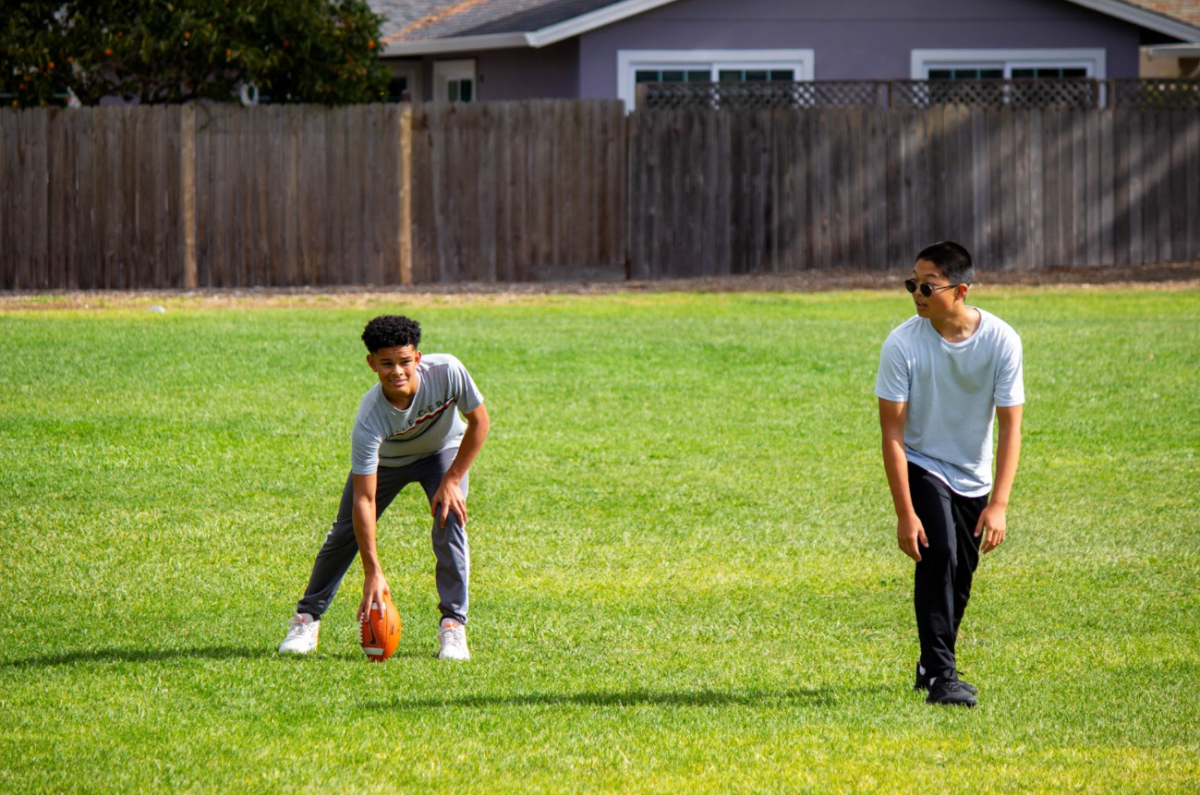The year is 2050 and you stand between two identical-looking cities. Both cities were built 25 years ago, but they have developed in different ways. The first city is a technological wonder: transparent skyscrapers reaching hundreds of feet up, zippy helicopter taxis picking people up to and fro, and smiling robot maids taking care of homes. In the digital age, everyone is always in a hurry– walking or riding briskly from their home to internships at tech startups, schools with digital-only textbook work, or jobs that require less effort because technology does more work for them. The problem with this paradise? Drawn more to technology, people have lost the element of human connection– what drives them together, connects them with neighbors, and builds their empathy.
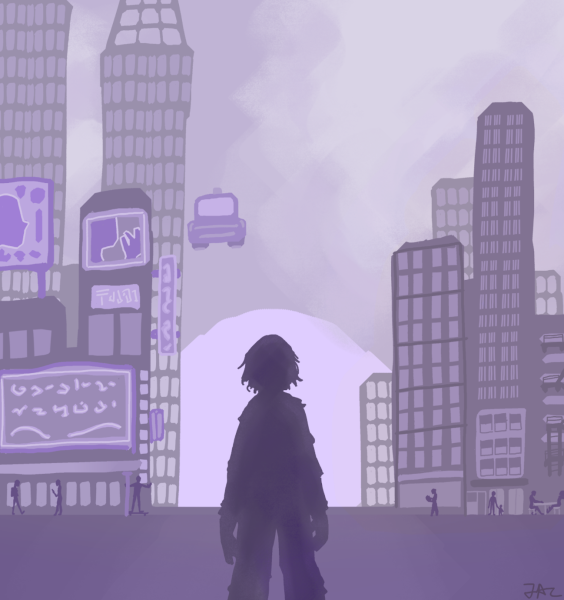
Although not nearly as impressive, the second city is also a technological wonder, but with a slight difference: in the morning, people greet each other as they head to work. Students play with each other at school, less drawn to the technological pull of things around them. Adults smile at each other on the streets as they hurry from destination to destination. They are glued not to their screens but to each other. What separates the two cities? People in the second city read more.
The above description was only a thought experiment, but there is much scientific evidence to support that reading affects civilian life. Many of the sophomore and seniors at Technology High School recently read the Atlantic article, “The Elite College Students who Can’t Read Books,” by Rose Horowitch for English. This article detailed how more students are going into college unprepared to read college-length textbooks due to reading less in high school. Like technology, people are pulled by different interests, from extracurriculars to internships, in an attempt to make their resume look better to colleges. There are measurable consequences of not reading in high school, like not being able to manage a college-level workload of reading. However, the emotional and cognitive benefits of reading are just as important as these measurable consequences.
Like a muscle, empathy is developed through usage and practice. Even as babies, humans have been shown to express empathy. By reading, especially at young, pivotal ages, people grow this “muscle” through living and experiencing the emotions of protagonists with completely different life experiences. From escaping the Rwandan Genocide, to escaping Nazi Germany in World War Two, or living through the Great Depression, people gain insight into perspectives other than their own.
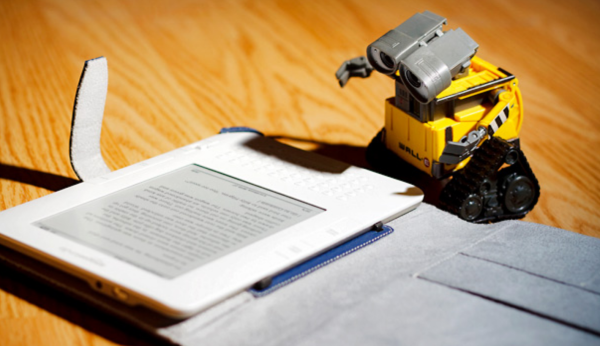
There are 171,476 different words in the Oxford English Dictionary. A kid who reads 20 words a day is exposed to two million words annually (repeat words count). But beyond numerical word count, readers experience a range of emotions, like happiness, sadness, or anger. Exposure to these emotions through reading can help people when these emotions show up suddenly in their own life. For this reason, reading is also shown to boost both emotional development and decision making by 50 to 100 percent.
For many people, however, a book doesn’t feel like enlightenment or psychological development. These stories can have a transformative impact on how people interact with other people in reality. Although a city may have the most advanced technology in the world, if people can’t work collaboratively with it, they won’t find much success. If people can’t empathize with their coworkers and peers, then they are lacking the perspective needed to create a more greatly coherent society.

